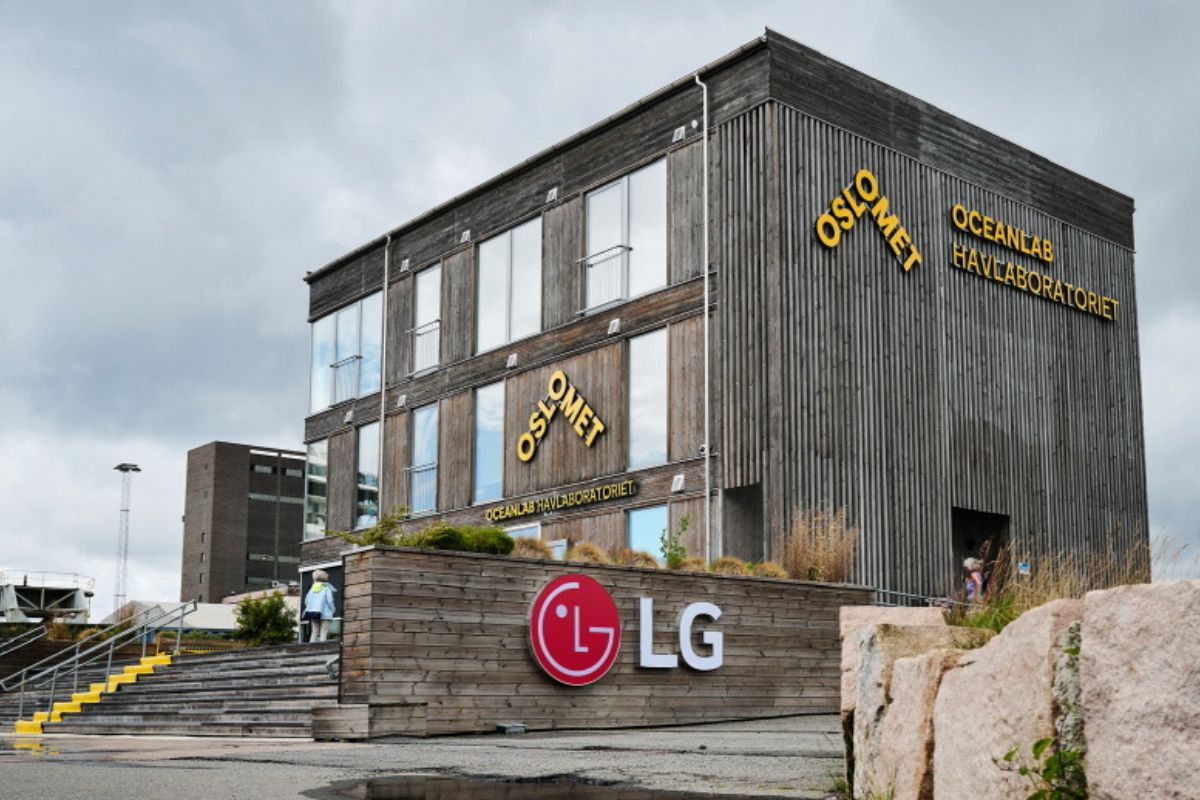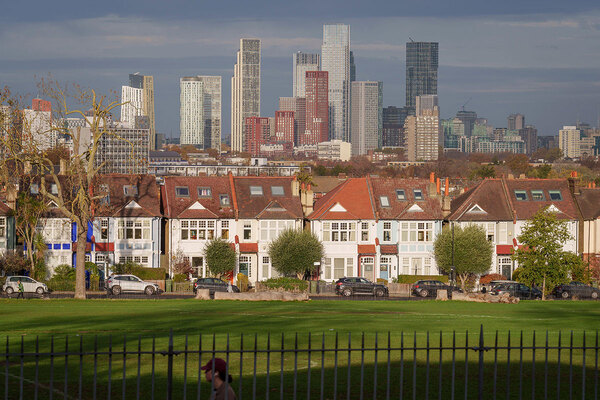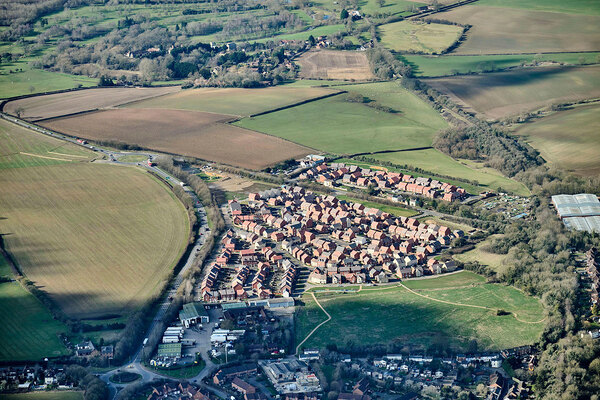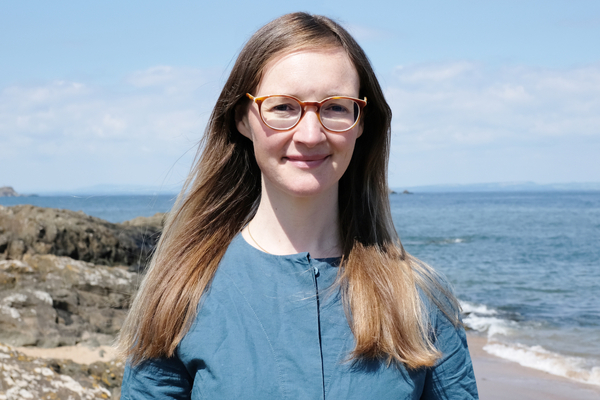LG ESTABLISHES GLOBAL R&D TRIANGLE TO DEVELOP HIGH-PERFORMANCE HEAT PUMPS IN EXTREME COLD
LG Electronics (LG) is establishing a global R&D triangle connecting North America, Europe and Asia to lead the global heat pump market and secure next-generation heat pumps specifically designed for cold climate zones.
The company aims to develop regionally specialised core technologies optimised for the cold climate of Northern Europe through the establishment of the European Consortium for Advanced Heat Pump Research (ECAHR).
The collaboration with leading European universities follows the foundation of the LG Advanced Cold Climate Heat Pump Laboratory in Alaska last year, and the company plans to expand efforts to enhance the performance of its Heating, Ventilation and Air Conditioning (HVAC) products in low-temperature climate conditions. LG will also continue its research on cold climate heat pumps in Harbin in partnership with a prestigious Chinese university.
Members include Oslo Metropolitan University, the Norwegian University of Science and Technology (Norges Teknisk-Naturvitenskapelige Universitet) and the University of Naples Federico II, an institute in Italy actively pursuing research in cold-climate HVAC.
During the winter of this year, Northern Europe experienced record-breaking cold weather, with temperatures dropping below minus 40 degrees Celsius. In these regions, achieving high heating efficiency is challenging due to the difficulty of compressing refrigerants at lower pressures. To address this, LG established a consortium to develop heat pumps that deliver top-tier heating performance even in extreme cold conditions. The company is looking to enhance its core technologies to lead global electrification efforts and expand supplemental heating availability in Europe.
In 2022, the EU launched the REPowerEU plan, aiming to reduce dependence on Russian fossil fuels and expand new and renewable energy sources by 2030. As a result, the demand for high-efficiency electric appliances and heat pump heating and cooling systems has surged across Europe, fuelling efforts to lower energy consumption and achieve carbon neutrality.



